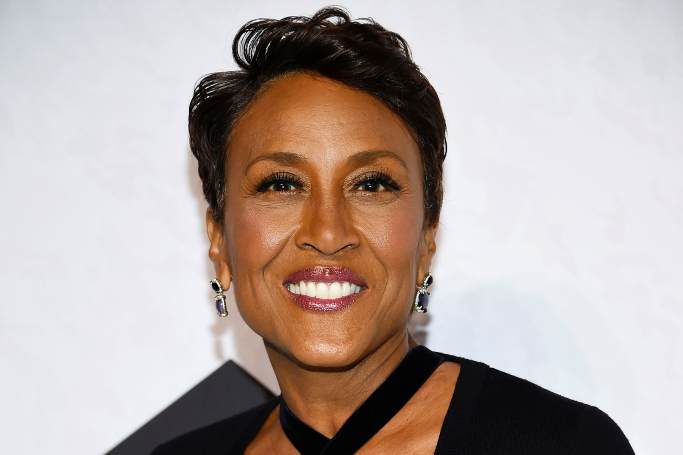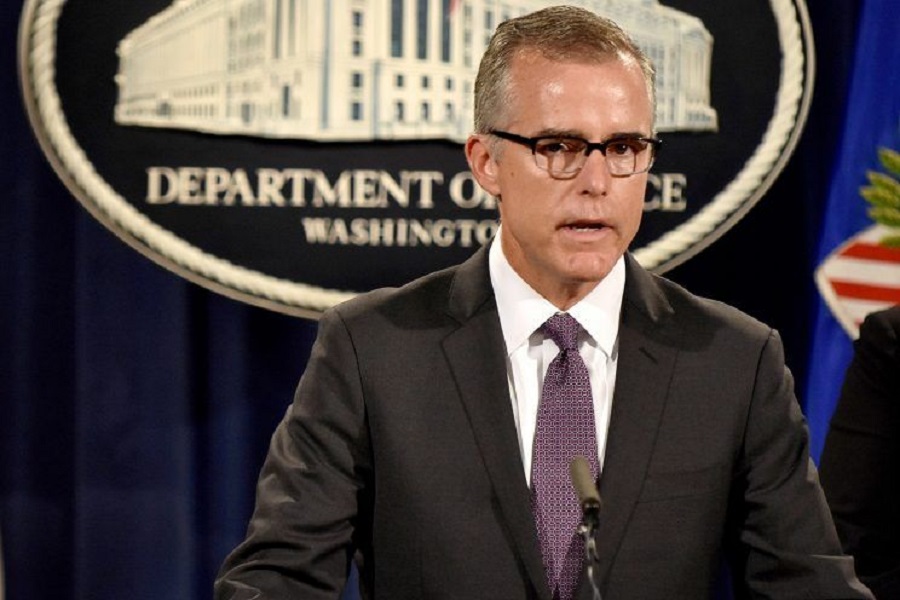Donald Tusk is a Polish-born political figure who assumed the office of President of the European Council on 1 December 2014. Previously, he served as the Prime Minister of Poland (2007 – 2014) and the Leader of Civic Platform Party (2003 – 2014).
Early Life and Education
Donald Tusk was born on 22 April 1957 in Gdansk, Poland to carpenter father Donald Tusk and nurse mother Ewa Tusk. Born as a Polish minority, Tusk often compares himself with Jews in the Hitler era.
For early education, Tusk went to Nicolaus Copernicus High School No. 1. After graduating from the high school, he joined the University of Gdansk to study history. Tusk also completed his Master’s degree from the University of Gdansk. Tusk is a fluent German and English speaker as well.
Personal Life

No 59 years old, Donald Tusk is married to Malgorzata Sochacka since 1978. The couple has two children – a son and a daughter – and they live in Sopot, Poland.
Career
Young Donald Tusk kicked off into the Polish politics during the Solidarity era. Primarily, he was just one of the university students involved in college politics. As time passed by, he contributed in establishing Solidarity Student Committee and even influenced founding Independent Students Union.
Coming out of student politics, Tusk quickly rose to national recognition by acquiring the position of President of the Liberal Democratic Congress in 1991. Following a 37-seat win, Tusk’s party became largely popular in the beginning. However, the popularity fell because of ongoing political tensions and scandals. This led the Liberal Democratic Congress (KLD) to suffer a heavy loss in 1993 election. Following the loss in elections, Tusk was ousted from the position and suspended from politics until 1997.
Between 1993 and 1997, Tusk’s party and the Democratic Union came together to become a larger power in the Polish politics. Winning the 1997 election under the newly-formed Freedom Union, Tusk won the election and was subsequently appointed to the post of Deputy Speaker in Senate. However, he lost the post in 2001.
Tusk and his political aides, Andrzej Olechowski and Maciej Płażyński, came together in 2001 to form a new party titled Civic Platform (PO). As PO had many prominent political faces on its sides, it successfully won 65 seats. As a follow-up, Tusk was appointed as Chairman of the party in 2003. After two years, he ran for presidential election but was defeated by Lech Kaczynski.
Two years after losing the 2005 presidential elections, PO leader Tusk was offered to form a new government. On 16 November 2007, he assumed the office as Prime Minister of Poland. As a PM, Tusk was hugely focused on improving free-market ideologies, reducing red tape, cutting tax to attract foreign investors and privatizing the previously nationalized firms. With these economic policies, Poland saw an economic growth of 3.3% and an increase in investment by 10%.
While at the office, Tusk was competent in strengthening the existing relations with the foreign governments, mainly Germany and Russia. He met then Russian Prime Minister Vladimir Putin to make bilateral energy and trade deals. Likewise, he also had a meeting with Spanish Prime Minister Jose Luis Rodriguez Zapatero in 2011. Above all, Tusk was always very much supportive of economic integration via European Union (EU). He even targeted to join the Eurozone by 2015, but the European Debt Crisis became an obstacle on Poland’s way.
Talking about the Constitutional reforms, Tusk controversially proposed an abolition of Presidential veto and expansion of Prime Minister’s powers in foreign policies. He also appealed for a reduction in the number of seats in Polish Lower House, Sejm. Despite having attained numerous feats while at different positions, he refused to run for President in 2010.
Since 1 December 2014, Tusk is President of the European Council. Having been backed by several prominent EU leaders, Tusk has been courageous in giving European response to Russian intervention in Ukraine and Trump’s threatful presidency.
Awards and Honours
- Grand Cross Order of the Sun, 2008, Peru
- Charlemagne Prize of the city of Aachen, 2010
- Cross of the Royal Norwegian Order of Merit, 2012, Norway
- Economy Raspberry Award
- Walther-Rathenau-Preis, 2012
- Gold Medal from the Fondation du Mérite européen, 2013
- Order of the Cross of Terra Mariana, 2014, Estonia
Trump and Tusk
On an open letter, Tusk wrote that the Donald Trump administration might be a threat ‘to the EU on a par with a newly assertive China, an aggressive Russia and wars, terror and anarchy in the Middle East and Africa’.
Although Tusk seems hostile against the US President Trump, he did not fail to congratulate him on the election victory. However, in the same speech, Tusk also ironically mentioned that ‘no country can be great in isolation’.
https://www.youtube.com/watch?v=2ktGwKD1eFM




